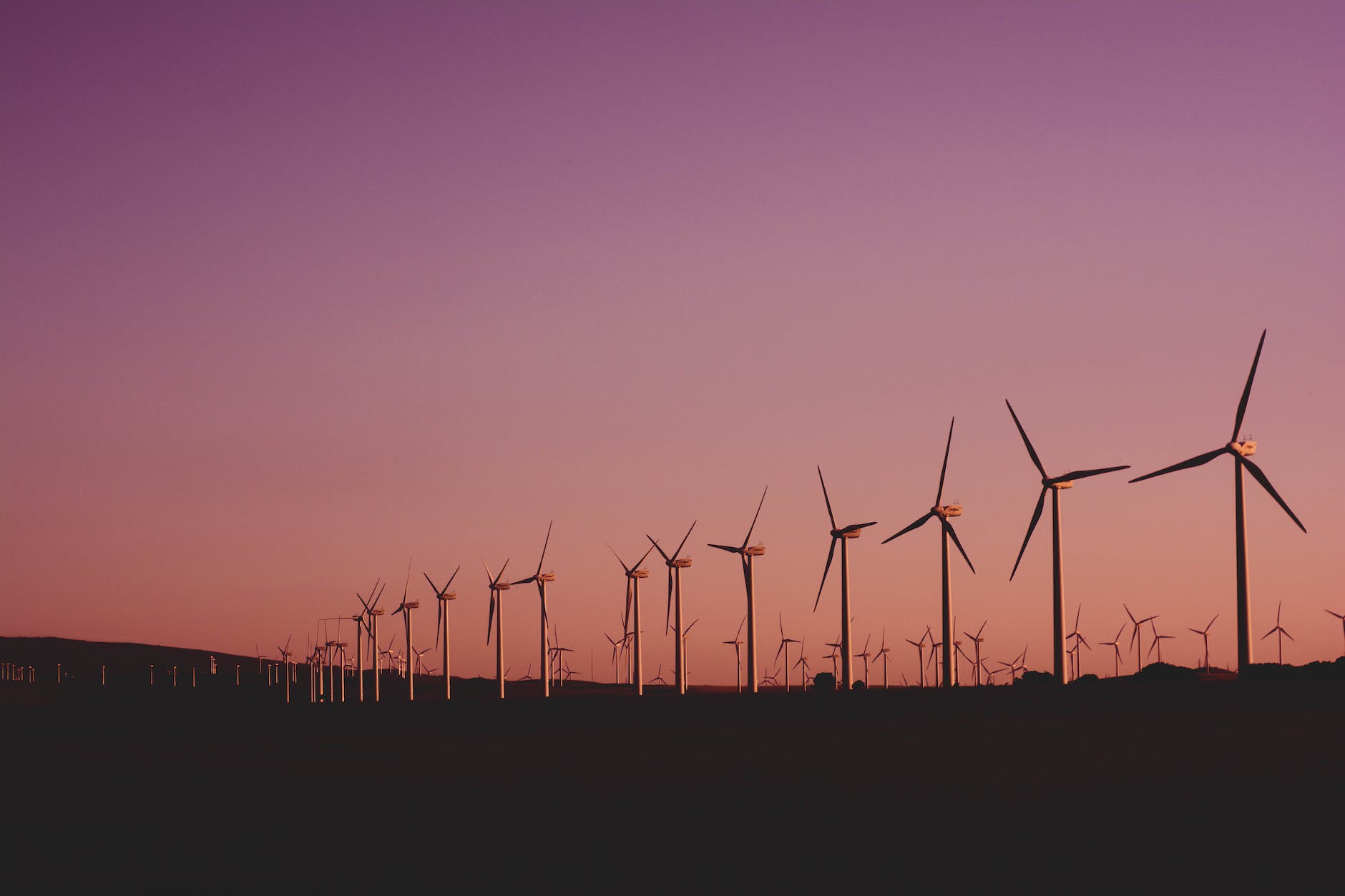
As the world continues to grapple with environmental challenges, the demand for sustainable solutions has never been greater. The cleantech and renewable energy sectors are at the forefront of this global transformation, offering innovative technologies and business opportunities that promise to reshape industries and drive economic growth while reducing carbon emissions. In this article, Green.org will explore the top ten business trends in cleantech and renewable energy that are set to define the coming years.
- Advancements in Energy Storage Technology:
Energy storage technology is a critical component of the transition to renewable energy sources. As renewable energy generation, such as solar and wind power, becomes more prevalent, there is a growing need for efficient and cost-effective ways to store excess energy for use during times of low generation. Innovations in battery technology and grid-scale storage solutions will play a vital role in enhancing the stability and reliability of renewable energy systems.
- Decentralized Energy Systems:
Decentralized energy systems are gaining traction as a solution to the challenges posed by centralized power grids. These systems involve generating power closer to the point of consumption, reducing transmission losses and enhancing grid resilience. Smart microgrids and community-based renewable energy projects are examples of this trend, empowering local communities to become more self-sufficient and environmentally sustainable.
- Electric Mobility Revolution:
The transportation sector is undergoing a significant transformation, with electric vehicles (EVs) at the forefront. The increasing adoption of EVs is driven by advances in battery technology, government incentives, and growing awareness of the environmental impact of traditional internal combustion engine vehicles. This trend presents exciting opportunities in electric vehicle infrastructure, charging stations, and related services.
- Green Hydrogen Production:
Hydrogen is seen as a versatile and sustainable energy carrier, particularly when produced using renewable energy sources through electrolysis. Green hydrogen has the potential to decarbonize various sectors, including heavy industry and long-haul transportation. As technology improves and production costs decrease, the demand for green hydrogen is expected to soar, fostering new business opportunities in its production, transportation, and utilization.
- Renewable Energy Financing and Investment:
As the transition to renewable energy gains momentum, the need for funding and investment in cleantech projects has grown significantly. Impact investors, institutional funds, and governments are increasingly focusing on sustainable ventures, opening avenues for funding innovative renewable energy projects, startups, and established companies in the sector.
- Circular Economy Initiatives:
The concept of a circular economy is gaining traction in the cleantech sector, emphasizing the efficient use of resources and minimizing waste. Companies are exploring ways to recycle and repurpose materials, design products with longer lifespans, and promote responsible consumption. This trend creates opportunities for businesses to develop sustainable products and services while reducing their environmental footprint.
- Artificial Intelligence (AI) and IoT Integration:
AI and the Internet of Things (IoT) are driving significant advancements in cleantech and renewable energy. By harnessing data analytics and AI algorithms, companies can optimize energy use, predict maintenance needs, and enhance overall efficiency in energy systems. IoT devices also facilitate smart grid management and enable consumers to monitor and control their energy consumption, empowering them to make greener choices.
- Sustainable Agriculture and Food Systems:
The agricultural sector is undergoing a transformation to ensure more sustainable food production and distribution. Cleantech solutions are increasingly used in precision farming, water management, and waste reduction. Renewable energy sources like solar power are also being integrated into farming operations, making agriculture more sustainable and resilient.
- Carbon Capture and Negative Emissions Technologies:
The urgency to combat climate change has led to a surge in interest in carbon capture and negative emissions technologies. These technologies aim to remove carbon dioxide from the atmosphere, either directly or through bioenergy with carbon capture and storage (BECCS). Companies involved in developing and implementing these solutions will play a crucial role in mitigating climate change while potentially benefiting from carbon credit markets.
- Corporate Sustainability and ESG Focus:
The business world is witnessing a paradigm shift, with companies placing greater emphasis on environmental, social, and governance (ESG) factors. Investors, consumers, and stakeholders now expect corporations to demonstrate a commitment to sustainability. Cleantech and renewable energy companies are well-positioned to thrive in this new environment, attracting responsible investors and eco-conscious consumers.
Trends In Renewable Energy & Cleantech
The cleantech and renewable energy sectors are experiencing an unprecedented surge in growth and innovation, driven by increasing environmental consciousness, technological advancements, and supportive policies. From energy storage and electric mobility to circular economy initiatives and AI integration, these top ten business trends are shaping the future of sustainability. Embracing these trends presents a unique opportunity for businesses to not only drive economic prosperity but also contribute significantly to the global effort to combat climate change and build a greener and more sustainable world.
Dylan Welch is the CEO and Host of Going Green, a podcast, website, and social media brand that highlights renewable energy, cleantech, and sustainable news.